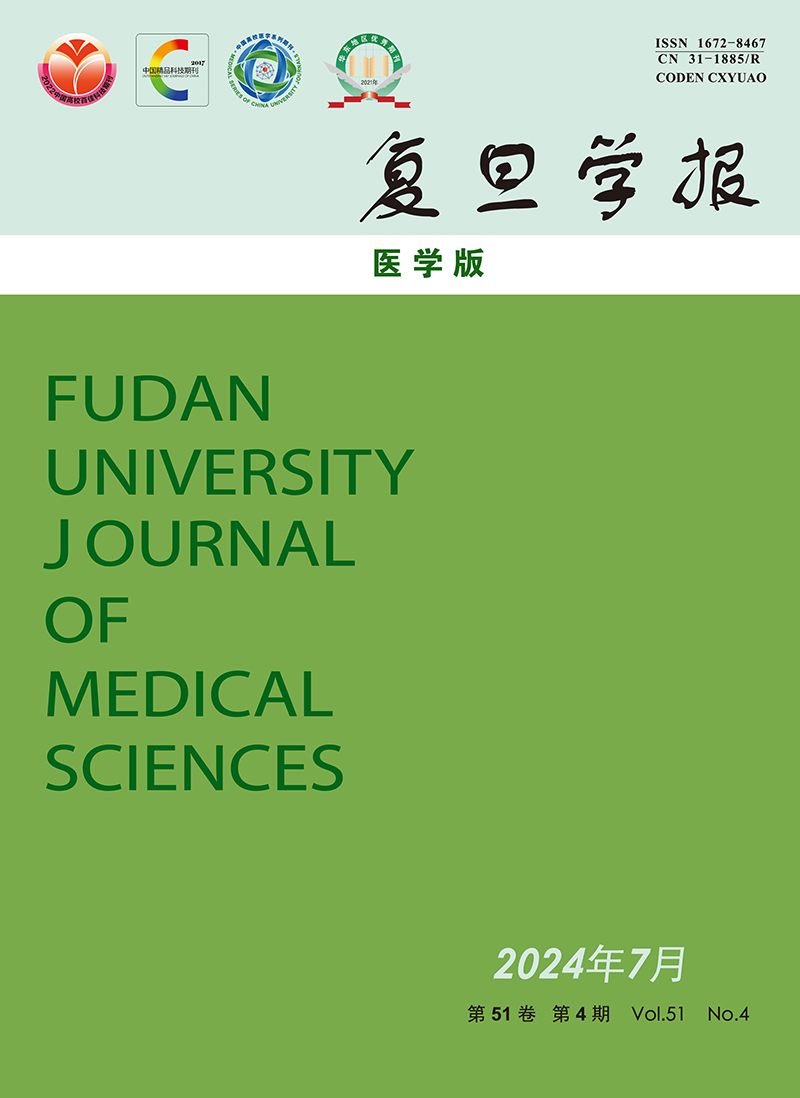A cross-sectional survey on information access through hospital's official account on new media and its association with antenatal care knowledge and health behaviors of pregnant women under COVID-19 epidemic
X. Li, W. Y. Chen, L. Jin, X. H. Zhang, F. Yang, L. Shen, X. W. Zhang, X. La, N. Abudukelimu, Z. Xie, X. Zhu, L. Wang, H. Jiang
求助PDF
{"title":"A cross-sectional survey on information access through hospital's official account on new media and its association with antenatal care knowledge and health behaviors of pregnant women under COVID-19 epidemic","authors":"X. Li, W. Y. Chen, L. Jin, X. H. Zhang, F. Yang, L. Shen, X. W. Zhang, X. La, N. Abudukelimu, Z. Xie, X. Zhu, L. Wang, H. Jiang","doi":"10.3969/j.issn.1672-8467.2021.04.015","DOIUrl":null,"url":null,"abstract":"Objective To explore the association between accessing antenatal care information through hospitals' official new media accounts and antenatal care knowledge and individual prevention behavior under COVID-19 epidemic, and to provide evidence for improving the emergency plan for maternity health care services in China under public health emergencies. Methods The online survey was conducted from Feb 5th to Mar 1st, 2020, at the peak of the COVID-19 epidemic in China. Approaches of accessing antenatal care information, COVID-19 related antenatal care knowledge and individual prevention behavior was collected via cross-sectional design. Results A total of 1 936 valid questionnaires were obtained from 21 provinces, autonomous regions and municipalities. Under the COVID-19 epidemic, 75.4% of the pregnant women reported they got institutional service and health education information from hospitals' official new media accounts such as WeChat and Weibo. Multivariate Logistic analysis showed that pregnant women who received information from official accounts of new media had higher scores of COVID-19 relevant antenatal care knowledge (aOR=1.36, 95%CI:1.08-1.71, P<0.01)and individual prevention behaviors(aOR=1.46, 95%CI:1.18-1.82, P<0.01) than those who obtained information from other sources. Conclusion The access to antenatal care knowledge via hospitals' official social media accounts was associated with better antenatal care knowledge and individual prevention behaviors among pregnant women. Under major public health emergency, it is suggested for health institutions to disseminate antenatal health care information via hospitals' official accounts in new media like Wechat and Weibo. Appropriate training should be developed to ensure the quality of health education and service provision in official new media accounts. © 2021, Editorial Department of Fudan University Journal of Medical Sciences. All right reserved.","PeriodicalId":12635,"journal":{"name":"复旦学报(医学版)","volume":"48 1","pages":"520-526"},"PeriodicalIF":0.0000,"publicationDate":"2021-01-01","publicationTypes":"Journal Article","fieldsOfStudy":null,"isOpenAccess":false,"openAccessPdf":"","citationCount":"0","resultStr":null,"platform":"Semanticscholar","paperid":null,"PeriodicalName":"复旦学报(医学版)","FirstCategoryId":"3","ListUrlMain":"https://doi.org/10.3969/j.issn.1672-8467.2021.04.015","RegionNum":0,"RegionCategory":null,"ArticlePicture":[],"TitleCN":null,"AbstractTextCN":null,"PMCID":null,"EPubDate":"","PubModel":"","JCR":"Q4","JCRName":"Medicine","Score":null,"Total":0}
引用次数: 0
引用
批量引用
新冠肺炎疫情下医院新媒体公众号信息获取与孕妇产前保健知识和健康行为的相关性横断面调查
目的探讨新冠肺炎疫情下医院新媒体公众号获取产前保健信息与个人产前保健知识和预防行为的关系,为完善突发公共卫生事件下中国孕产妇保健服务应急预案提供依据。方法于2020年2月5日至3月1日中国新冠肺炎疫情高峰期进行在线调查。通过横断面设计收集产前保健信息获取方法、COVID-19相关产前保健知识获取方法和个体预防行为获取方法。结果在全国21个省、自治区、直辖市共回收有效问卷1936份。在新冠肺炎疫情下,75.4%的孕妇表示他们从医院的新媒体官方账号(如b微信和微博)获取机构服务和健康教育信息。多因素Logistic分析显示,从新媒体公众号获取信息的孕妇在新冠肺炎相关产前保健知识(aOR=1.36, 95%CI:1.08 ~ 1.71, P<0.01)和个体预防行为(aOR=1.46, 95%CI:1.18 ~ 1.82, P<0.01)得分均高于从其他渠道获取信息的孕妇。结论通过医院官方社交媒体账号获取产前保健知识与孕妇更好的产前保健知识和个体预防行为相关。在重大突发公共卫生事件下,建议卫生机构通过b微信、微博等新媒体的医院公众号传播产前保健信息。应开展适当的培训,以确保新媒体官方帐户提供的保健教育和服务的质量。©复旦大学医学学报编辑部。版权所有。
本文章由计算机程序翻译,如有差异,请以英文原文为准。


